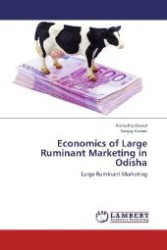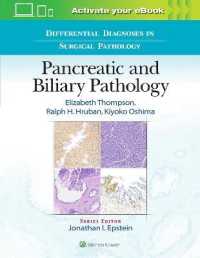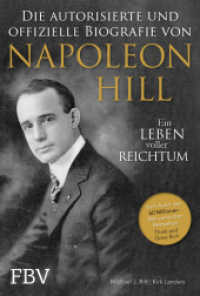Full Description
It is an honor for me to give this short paper largely based on my expe riences during 15 years as medical director of a rehabilitation center in Ba varia, as a teacher at two medical schools in Munich and Innsbruck, and as an old-fashioned holistic cardiologist.








